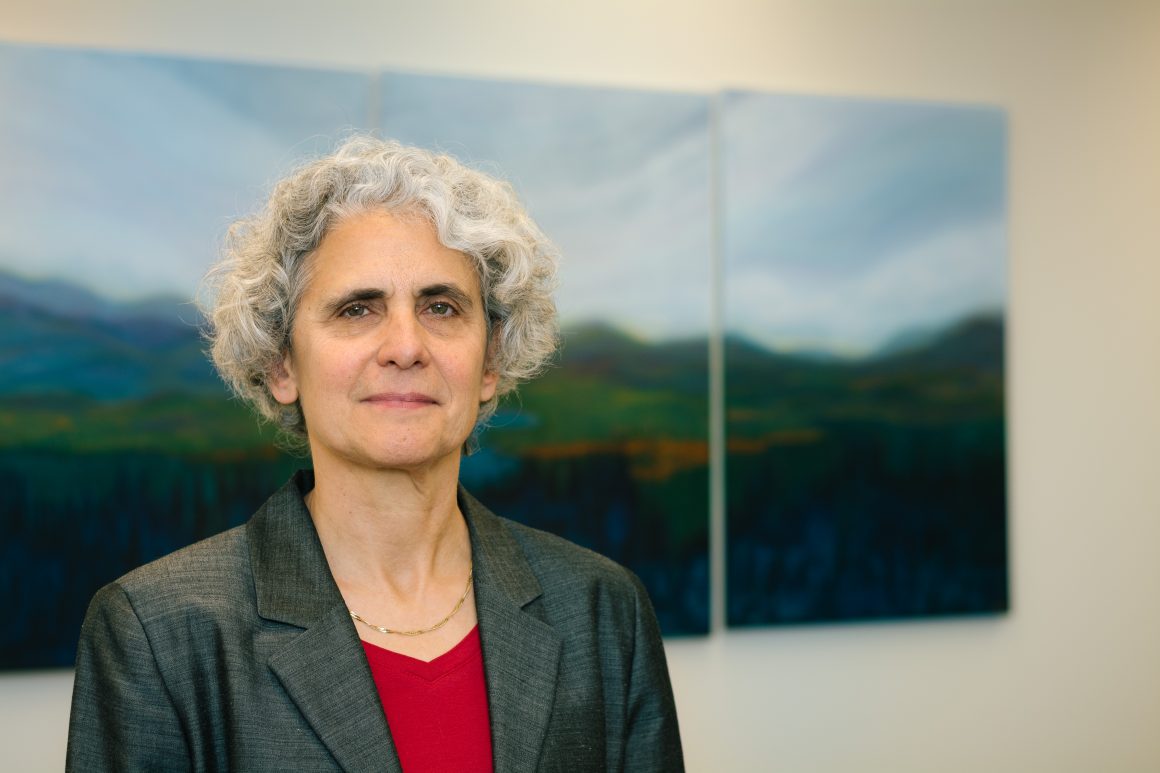
U of C faculty concerned with possible labour model changes
By Scott Strasser, October 25 2016 —
The University of Calgary Faculty Association (TUCFA) is concerned about possible changes to Alberta’s labour legislation that would transfer their bargaining unit from the Post-Secondary Learning Act (PSLA) to the provincial Labour Act.
The changes are in response to a January 2015 Supreme Court decision that recognized a Charter-protected right to strike when negotiations over a collective agreement break down. Provinces are now trying to align their own labour relations laws with the verdict.
The Ministry of Advanced Education is currently consulting with stakeholders to gauge feedback on the changes being considered. The ministry sent a discussion guide to TUCFA and other Alberta faculty associations in September asking for their input.
If TUCFA were put under the Labour Act, U of C professors would be classified under the same labour relations model as a typical trade union. TUCFA president Sandra Hoenle claims the changes currently under consideration would have several “unintended consequences” for U of C faculty if they were approved.
“Moving us out of the PSLA and under the Labour Act would not take into account the 30-plus years that we have been a bargaining unit for our members. And all the things we currently have in our collective agreement would perhaps be in question,” Hoenle said.
Minister of Advanced Education Marlin Schmidt stressed the decision is still going through consultations and hasn’t been finalized.
“We’re not proposing anything at this point — we’ve just opened up consultations to hear from everybody affected how we can best achieve that goal,” Schmidt said. “We’re keeping a very open mind, we’re working very diligently with all of our stakeholders to make sure we hear the concerns raised and that we come up with solutions that address all of these concerns raised during the consultation.”
Hoenle is worried that moving TUCFA’s bargaining unit out of the PSLA would jeopardize some employee benefits of the current collective agreement, such as academic freedom, pension plans and tenure promotion.
“[The government] was asking in their discussion document, ‘should these not be part of bargaining?’ They might think they could just take these things out of our collective agreement, [but] that would be breaking a legal contract. We find that very concerning,” she said.
Hoenle is also worried that some TUCFA members would be exempt from the association if put under the Labour Act. She said the act specifies that certain professions are not allowed in unions — namely architects, social workers, engineers and doctors.
“That affects a lot of our members,” she said. “It’s hugely complex and I don’t think the government is aware of all these complexities.”
Hoenle also noted that U of C faculty who supervise graduate students could also be exempt.
Schmidt said he’s glad TUCFA brought forward their issues.
“I appreciate the U of C faculty association identifying these concerns, which is exactly why we have to have this round of consultations with all of the affected stakeholders so that these potential unintended consequences are raised and we can come up with solutions on how to deal with them,” he said.
Following the Supreme Court’s decision, Alberta’s Ministry of Advanced Education consulted with post-secondary education stakeholders to gauge feedback on potential changes to the PSLA — mainly the right for university employees to go on strike.
Hoenle said those consultation sessions are what morphed into the current possibility.
“They’re asking a lot of questions about different aspects of the PSLA that have nothing to do with this right to strike,” she said, adding that all it would take to include the right to strike into Alberta’s post-secondary labour model would be some minor amendments to the PSLA.
Hoenle isn’t the only member of TUCFA who has brought forward concerns. U of C political science professor Barry Cooper wrote a column about the issue for the Calgary Herald on Oct. 12 under the headline “University of Calgary professors don’t belong in a trade union.”
Cooper stated there are fundamental differences between public and private-sector unions in his column.
“We’re not an industrial union,” he told the Gauntlet. “Trade unions generally are not worried about academic freedom.”
Cooper agreed with Hoenle that amendments to the PSLA would be enough to align the province with the 2015 Supreme Court decision and give faculty association members the right to strike when collective bargaining agreements break down.
Hoenle wrote TUCFA’s formal response to the Ministry of Advanced Education’s discussion guide in a letter to Schmidt on Oct. 3.
“I certainly hope the government is going to take these concerns into account, [but] my sense is the government would prefer to put our members under the Labour Act,” she said. “Everything here has been developed around the fact we have a faculty association and a collective agreement that work in a certain way. This could mean re-writing many university policies.”
